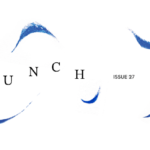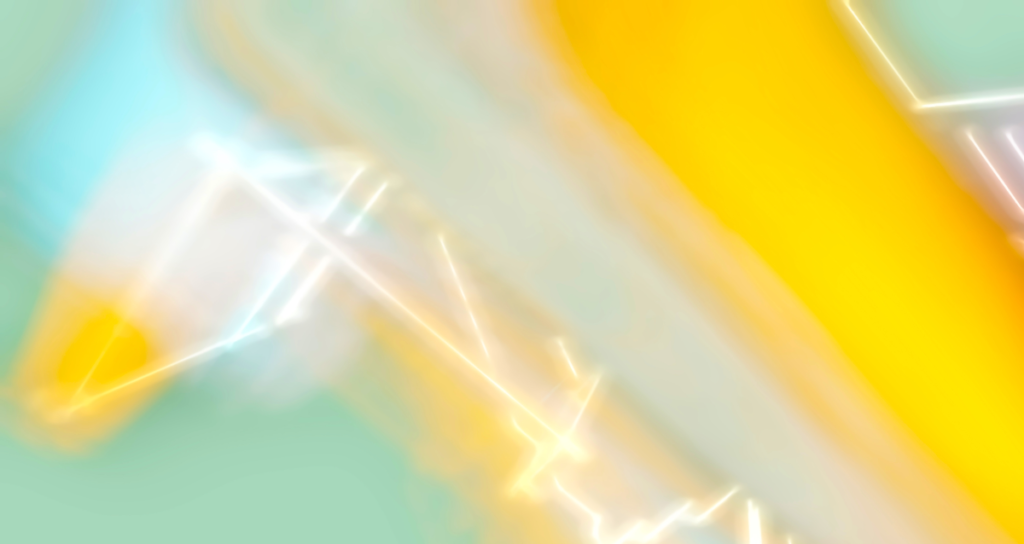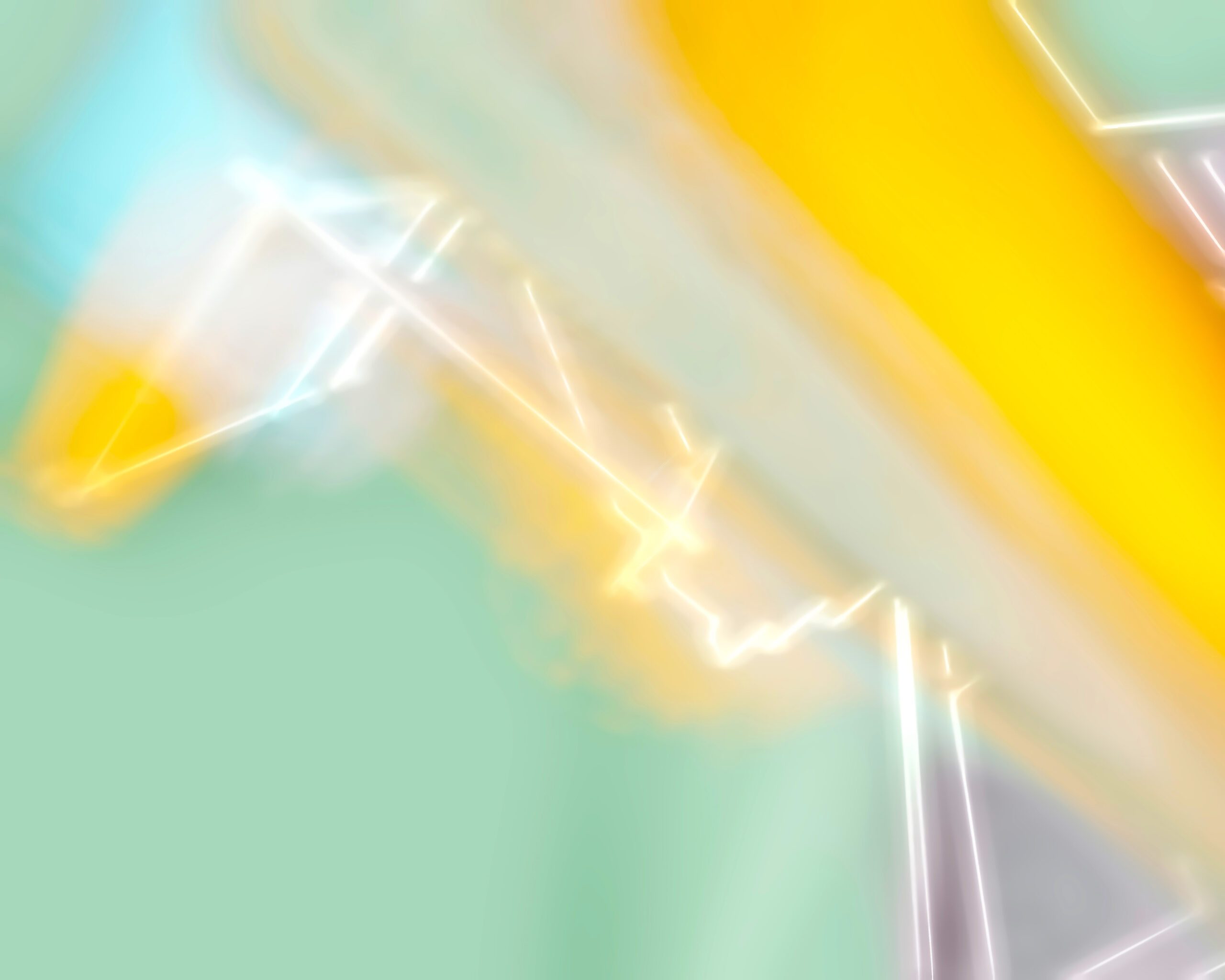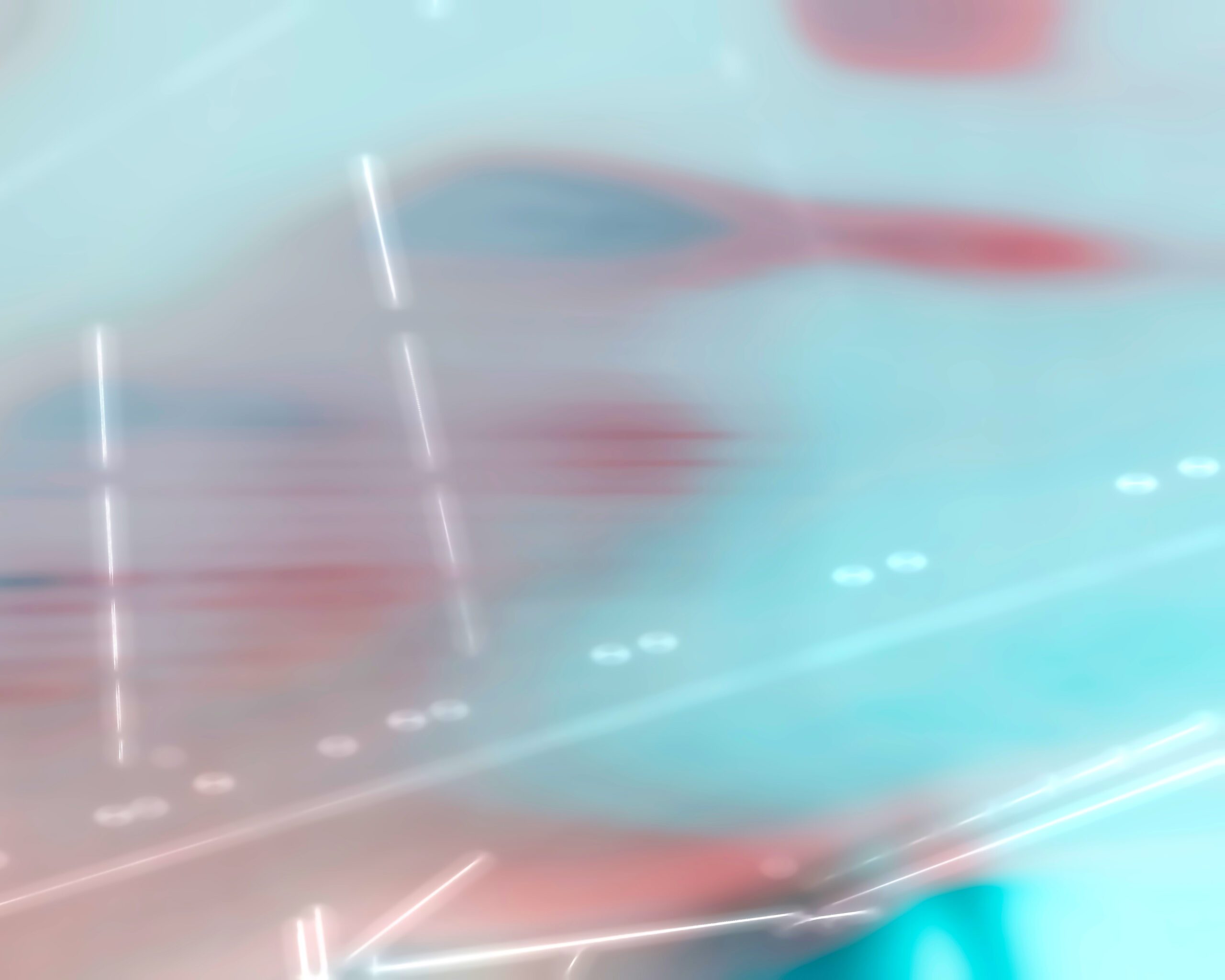1. Grandmother
Bird: I was fourteen and in biology class. The teacher asked me something about the class aves—that’s what I started calling them from that point on, aves, in Latin, but it wouldn’t be long before that word disappeared as well—and I couldn’t answer.
I was a good student. I had read the chapter on them the previous day. I could tell you all about their eggs and their migration patterns and their feathers. I even remembered something I’d read about them in a book a year prior, about their intellect. Even the aves had a better memory than me.
After class, I sat down on the floor and flipped through the book. The words on the page were replaced by little grey wisps. I concentrated and tried to remember. The word had disappeared. It was as though I’d never known it.
When recounting that story to my parents, I lied: “It was on the tip of my tongue, I swear.” But the word was nowhere. A feathered, levitating creature landed on the tree outside my window, as they did every day.
Illness: It happened when I was in med school in Kyiv, studying for an exam with my roommate. I said that word one last time and stopped in the middle of the next sentence. Nothing. I ended up saying health problem, but I would never forget the look my roommate gave me: sharp, concerned, lips pursed and eyebrows raised. This was unlike me.
Maybe that’s what it was. An ailment. At nineteen, I was way too young to have memory problems. I wasn’t sure what was wrong with me.
When other people said the words I’d forgotten, they sounded like they came from under the water. They sounded like bubbles and murk.
Pen: Responding to a love letter. I dipped it in red ink and the ink spilled. That was what replaced the word in my memory: red all over my table. Blood.
After that, my hand started trembling whenever I wrote. I couldn’t respond to that letter. I was scared that my response would be the final straw, that this was when I would finally lose all my words and never speak again.
Tapestry: It hung on the wall of the apartment Tosiek’s family lived in before we got married. It had the beaked, soft, fluttering creatures on it, surrounded by leaves and flowers. I wanted to compliment it: “Nice…carpet.” His mother, the type of woman to always try to fix even the slightest, most irrelevant things, laughed and corrected me: “Honey, I think you mean ____.” She meant well, but it hurt.
Julia: I insisted on naming our daughter that. A few months after she was born, the name vanished. I decided to call my daughter Helenka, a diminutive of my mother’s name. By the time she turned one, she responded to that name. It would take a long time for her to learn that she was actually named ____.
When I explained that to my husband, Tosiek, he told me to go see a doctor. The doctor prescribed me pills that didn’t work, and Tosiek kept reminding me to take them every single day, as if I didn’t know myself. He became overprotective. I appreciated it, but there was nothing he could do.
2. Mother
Green: I forgot my first word. There was nothing I could do. The first word was for the color of my nursery walls, fresh and acidic, which my mother would repeatedly point at while she said it. She was desperate to teach me what she still knew before it was too late. She taught me ____, _____, guitar, chair. She hoped that I would turn out unlike her, and oh how I disappointed her.
Curse: That’s what it was, I decided, after reading a book of fairy tales from the school library. It made sense. Both my mother and I had it, and my children would have it, and after all, it made all of that nonsense sound more romantic than it really was. It was probably the work of some witch, I imagined, or punishment for an ancestor’s misdemeanor. At ten, I preferred that version over accepting the truth: that I had some sort of hole in my head, and words flew out of that hole like small winged beings flew out of the twig-bowls they hatched in.
I couldn’t explain it to my mother, though, because that word was gone, too. She probably wouldn’t like it anyways.
Solidarność: The worst times were when I was in middle school, between 1988 and 1991. The radio and the TV were on 24/7 in our house, and even though I couldn’t understand most of it, I heard it. Because we were of Polish descent, my parents’ heads turned whenever the newscaster’s cold voice mentioned that word. By the time the word turned to white noise in my head, I hadn’t yet figured out if it was supposed to be a good thing or a bad thing. I asked my parents and they had to guess, going through many other white noises in the process, blindly navigating the ever-growing maze of my head. When they finally seemed to get what I meant, they told me not to worry about it. It was none of my business.
USSR: After communism fell, I forgot the name of the country I had spent most of my childhood in. It was the only word I would never miss.
Helenka/Agata/Agnieszka: My name changed a million times throughout my life. I knew my name as the sound of thunder that came from people’s mouths in place of something lost.
My first name, the name my parents called me—not the nebulous smudge on my birth certificate, which I had never known and would never know—disappeared when I was sixteen. It was the only time I had ever snuck out, compelled by a classmate. After I came back long after midnight, my mother was standing at the door with her hands folded on her chest, and she said my name, and as I should have expected by now, I couldn’t make it out. I didn’t tell her until the next day. When I did, she sighed and said: “Pick a new one.”
That’s what I would eventually become used to: picking names. I went through so many that by the time my child was born, I would run out of them. Though I supposed that wouldn’t matter either.
The name I picked for myself was one that tasted like strawberry in my mouth, a whimsical name that my parents weren’t too fond of. It was a name I had given to one of my dolls when I was younger. It was a name that made people raise their eyebrows when I introduced myself.
Then it was gone, and the only part of it I remembered was the first letter. So I made myself another, a beautiful Polish name I’d first discovered in a book. The time when I had this name was my happiest. I hoped the love of my life would know me by it. I hoped my children would know me by it. The column I wrote for the short-lived magazine knew me by it. After the name disappeared, I cried.
I like to think that with each of my names, I transformed. I don’t know if that’s true. It scares me how impermanent I am, how I don’t even have a word for myself.
3. Daughter
Tree: They’re everywhere, these crooked, motionless monsters whose color sounds like ____, and I don’t even know what to call them. I haven’t known what to call them ever since I turned four, when we had a picnic for my birthday party and I threw a tantrum because of that sound coming out of my mother’s mouth: not speech, not cooing, not song, just the void of a missing word, like a _____. But what do I know? I have never known my own name. It might be Zuzanna, or Dominika, or Olga, or _______, or _____, or ____.
All the numbers: I would have failed math if it weren’t for my best friend, _____. It’s harder with things like this, you see, because these things are not material: they are made of nothing but thought and symbols and paper. If there was a color, a shape, a texture for me to latch onto, it would be so much easier.
Anna: My friend. I told her everything. Every weekend, we would meet up at the bus station and take the bus to the old part of Kyiv, where there was a fortress on a hill where nobody ever really went, surrounded by tall grass and dandelions. We would sit there and _____ and ______ and drink and laugh and watch the ____ ____ over the city. She knew about what was going on in my head with the words. We looked for ways to fix it: dictionaries, learning to read lips. All useless. She even wanted to try a memory exercise, but I knew it wouldn’t work. It had been this way for generations, I explained. If I were to truly remember all of my language, I would have to go back in time. I hadn’t just lost these words. They had never belonged to me in the first place.
Then, one day, I looked at her and realized I didn’t know what to call her anymore. I told her and she understood, but I could tell she was grieving. How could I assure her that in my mind, she still existed just as much, even if I had nothing to refer to her by?
Father: Makes sense. I never had one.
I mean, I did, but I never met him. I had never asked about him, either, but my mother still told me: he was _________, with _____ and ______ and he ________.
As a teenager, when people asked about my family situation, I didn’t tell them I didn’t have a _____. Instead, I told them I didn’t have a man in my life growing up. That was not true. I had my dziadek and my piano teacher and my swimming coach. But with my ____, I ended up having to lie a lot.
Understand: My babcia always joked that she was a horrible doctor and my mother would reply by saying she was a horrible journalist. Well, I was a horrible linguist. It was a matter of stubbornness, really. I thought, there had to be a way to __________________________.
I didn’t think I’d get into the linguistics program, but I did. I didn’t think I’d survive the linguistics program, ___________________________________.
Picking words apart was harder than losing them. I read book after book on neurolinguistics, pages upon pages of ___________, and still could not figure out why _____________.
I asked my babcia how it started and she could not find the words. She rarely ever talked about her past. It had been cut off from her, and all of us, by our _______. That was something worth ____ about.
So I _____. I couldn’t sleep. My pillow was soaked in my tears. The glitter sprinkled in the dark outside looked so much dimmer without a name. What did Shakespeare write about this? Something about a flower the color of _______ and its ______. He was wrong.
Love: The _____ left me with no choice but poetry. I called ____ almost every day, and she always listened patiently to my _____. When she spoke, she sounded like _____ shedding their fur in the ____ after it turned from the color of lime to the color of pomegranate. I could not describe the feeling I had towards ____ and my mother and my grandmother in any way besides ______, but that wasn’t enough. It had to be the feeling of the sky’s two eyes, one always closed, just like the way _____ sleep—Did you know _____ sleep with one eye open?—dwelling inside me and lighting me up. It had to be a cipher.
Hereditary: I visited the archives the other day. I asked for information on ___________ and _______ by pointing at the smudges on my grandmother’s documents. They managed to find ________ and _______. I sat there in an armchair, lips pursed, and traced the __________ with my fingers. Then I opened it: ____________ and _____________. I remember breaking down as I read. It might have been something shocking, or maybe it was just the _____ of finally coming close to understanding my ________. Either way, I only got a day or ___ with my family history. I should have __________. It was nice while it lasted.
Reclaim: ______________, I went to the park to_________. ________________ monsters with roots _____________. _______ the sharp blood-vessel I scar the paper with and _____________. ___________________________________, ____________ , ____________________________________________________. ________________. __________________ in class ________________ ask ______________. ____ my fortress-friend and ______________________. _________________________________________ archives _____________. _____________________________________________________ bird.
Zosia Koptiuch is a writer of Polish descent from Ukraine. Born and raised in Kyiv, she currently resides in Warsaw. She enjoys calligraphy and taking long walks. This piece appears in SAND 24 and is available online for a limited time.
KEEP ON READING
History as Felt on the Body: an Interview with Sarah Bernstein
Sarah Bernstein was born in
Hedgehogs Come Out at Night by Yordanka Beleva tr. Yana Ellis
Fiction | Issue 27: Briding A
Words We Lost by Zosia Koptiuch Read More »


![Image text: Excerpt from "Errantries [2]" by Sophia Terazawa. Errantries [2] By Sophia Terazawa This is how I reshape that word mist into sương mù, la brume, a drop of fog, and the six illnesses reducing us to tears: you meet me at the cinema in Chợ Lớn, a translation smacks us in the face; you lean forward kissing my cheek. The woman onscreen blindfolds herself with a black piece of cloth. She stumbles, backpedaling from the space off a crag as if being pulled up by the strings of a puppeteer. Her hands have also been, inexplicably, tied behind her back, each event a clean reversal. Your name is Paul, the planet Paul, though I’ve called you many other things. A second film begins. “I’ll start, okay?” a soft voice announces. From the corner of my eye, I see the shadows of your profile to my right, your silent jaw clenching then unclenching, a thickset brow staring up at the movie screen. The speaker is illuminated like a morning Vermeer, bowing her head over a tattered pocket-sized book. Your hair is orange and white, thrown about in a messy sweep, the streak of blue running through it. The velvet-cushioned seats in our cinema hall have begun to creak sporadically, the air smells of musk, tobacco, tamarind paste. I see the chest under your lapels, the old captain’s uniform, rising and falling; your hand, the hand of a pale, oversized planet, clutching at one of your knees. You look like Captain America. Mùi, who is played by the actress Trần Nữ Yên Khê, has just asked if she can start, okay. Her husband off-frame doesn’t reply, but Mùi recites the translated poem anyway. “The spring water,” her voice lilting up and down, “glimmers delicately when disturbed.” Khuyến enters briefly into focus before cutting away. He has princely eyes and princely-shaped ears, a shy but full nose. He adores his wife very much. His mouth tips over. In the kitchen you tug at my waist, a memory perhaps incanted by the interlude of marital harmony. I drop my foot to feel the cinema’s carpet under my shoe. I count to the number four in English, grounding myself. The cinema is half-empty. You’ve disappeared and it’s 1951. Included here is a sketch from our wedding day. You had sent a rather fussy invitation, hours before, to your mother and your father, separately, to Terra and Caelus, earth and sky. I cried in a dirty bathroom stall at the courthouse in Rome. No one came, naturally.](https://sandjournal.com/wp-content/uploads/2022/07/Errantries-2-Excerpt-Sophia-Terazawa-Final-713x1024.png)


